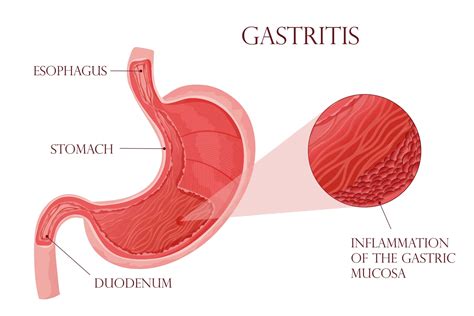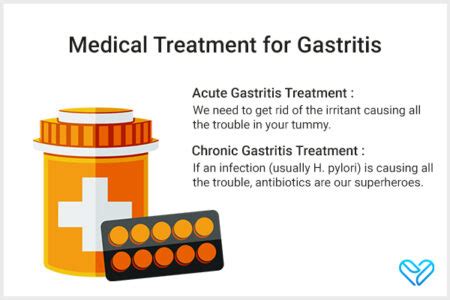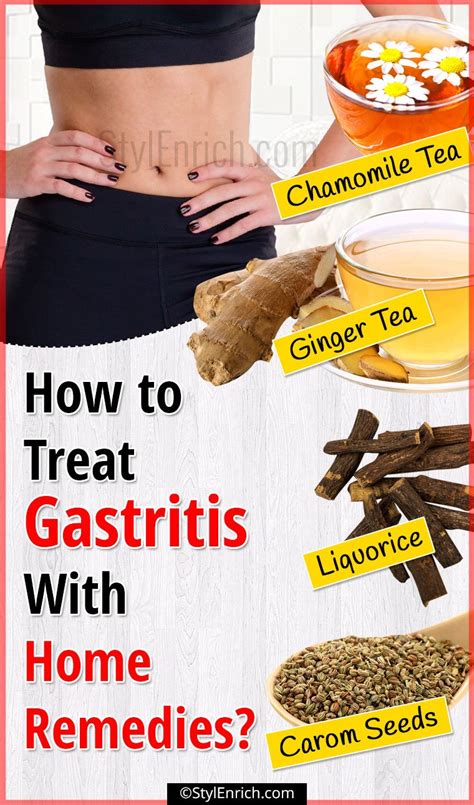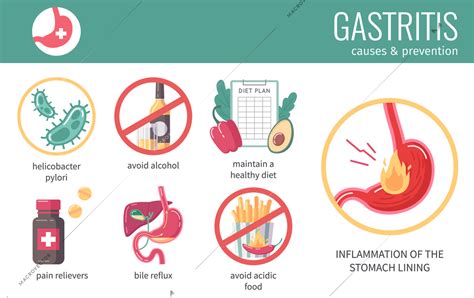Intro
Gastritis is a common health issue that affects millions of people worldwide, causing discomfort, pain, and digestive problems. The condition is characterized by inflammation of the stomach lining, which can be acute or chronic. Gastritis can be caused by a variety of factors, including bacterial infections, excessive alcohol consumption, stress, and certain medications. Understanding the importance of treating gastritis is crucial to preventing long-term damage to the stomach and reducing the risk of complications. In this article, we will delve into the world of gastritis, exploring its symptoms, causes, and treatment options, as well as providing valuable insights into how to cure gastritis.
The symptoms of gastritis can vary from person to person, but common signs include abdominal pain, bloating, nausea, vomiting, and loss of appetite. If left untreated, gastritis can lead to more severe health problems, such as stomach ulcers, anemia, and even stomach cancer. Therefore, it is essential to seek medical attention if symptoms persist or worsen over time. A proper diagnosis by a healthcare professional is necessary to determine the underlying cause of gastritis and develop an effective treatment plan.
Gastritis can be caused by a range of factors, including Helicobacter pylori (H. pylori) bacterial infections, which are responsible for approximately 50% of all gastritis cases. Other causes include excessive alcohol consumption, stress, and the use of nonsteroidal anti-inflammatory drugs (NSAIDs). Understanding the underlying cause of gastritis is crucial to developing an effective treatment plan. In some cases, lifestyle changes, such as dietary modifications and stress management, may be sufficient to alleviate symptoms and promote healing. In other cases, medical treatment, including antibiotics and acid-reducing medications, may be necessary to cure gastritis.
Understanding Gastritis

Types of Gastritis
There are several types of gastritis, each with distinct characteristics and treatment requirements. Acute gastritis is a sudden onset of inflammation, often caused by bacterial infections, excessive alcohol consumption, or stress. Chronic gastritis, on the other hand, is a long-term condition that can be caused by H. pylori infections, autoimmune disorders, or prolonged use of NSAIDs. Erosive gastritis is a more severe form of the condition, characterized by deep inflammation and ulceration of the stomach lining. Understanding the type of gastritis is essential to developing an effective treatment plan and promoting healing.Causes of Gastritis

Risk Factors for Gastritis
Several risk factors can increase the likelihood of developing gastritis, including age, family history, and lifestyle choices. Individuals over the age of 60 are more susceptible to gastritis, as are those with a family history of the condition. Lifestyle choices, such as excessive alcohol consumption and smoking, can also increase the risk of developing gastritis. Additionally, individuals with underlying medical conditions, such as autoimmune disorders or GERD, may be more prone to developing gastritis.Treatment Options for Gastritis

Medical Treatment for Gastritis
Medical treatment for gastritis typically involves a combination of antibiotics and acid-reducing medications. Antibiotics, such as amoxicillin and clarithromycin, are used to treat H. pylori bacterial infections, while acid-reducing medications, such as proton pump inhibitors (PPIs) and histamine-2 (H2) blockers, are used to reduce stomach acid and alleviate symptoms. In some cases, antacids and sucralfate may be prescribed to neutralize stomach acid and protect the stomach lining.Lifestyle Changes for Gastritis

Dietary Changes for Gastritis
Dietary changes are essential for managing gastritis and promoting healing. A gastritis diet should include foods that are easy to digest, such as bananas, rice, applesauce, and toast (BRAT diet). Foods that are high in fiber, such as fruits, vegetables, and whole grains, can also help alleviate symptoms and promote healing. Avoiding spicy and fatty foods, as well as citrus fruits and tomatoes, can help reduce stomach acid and alleviate symptoms.Home Remedies for Gastritis

Natural Remedies for Gastritis
Natural remedies, such as herbal supplements and essential oils, can also help alleviate symptoms and promote healing in gastritis. Slippery elm, marshmallow root, and licorice root are herbal supplements that can help soothe the stomach lining and reduce inflammation. Essential oils, such as peppermint and lavender, can also help reduce stress and anxiety, which can exacerbate gastritis.Prevention of Gastritis

Complications of Gastritis
If left untreated, gastritis can lead to several complications, including stomach ulcers, anemia, and stomach cancer. Stomach ulcers can develop as a result of chronic inflammation, while anemia can occur due to chronic blood loss. Stomach cancer is a rare but potentially life-threatening complication of gastritis, emphasizing the importance of timely treatment and management.What are the symptoms of gastritis?
+The symptoms of gastritis include abdominal pain, bloating, nausea, vomiting, and loss of appetite.
What are the causes of gastritis?
+The causes of gastritis include H. pylori bacterial infections, excessive alcohol consumption, stress, and the use of NSAIDs.
How is gastritis treated?
+Gastritis is treated with a combination of lifestyle changes, medical treatment, and home remedies, including dietary modifications, stress management, antibiotics, and acid-reducing medications.
Can gastritis be prevented?
+Yes, gastritis can be prevented by avoiding excessive alcohol consumption, quitting smoking, reducing stress, and maintaining a healthy diet.
What are the complications of gastritis?
+The complications of gastritis include stomach ulcers, anemia, and stomach cancer, emphasizing the importance of timely treatment and management.
In conclusion, gastritis is a complex condition that requires a comprehensive approach to treatment and management. By understanding the causes, symptoms, and treatment options for gastritis, individuals can take the necessary steps to alleviate symptoms, promote healing, and prevent complications. We encourage readers to share their experiences and ask questions in the comments section below, and to consult with a healthcare professional for personalized advice and treatment. By working together, we can promote awareness and understanding of gastritis, and improve the lives of those affected by this condition.
